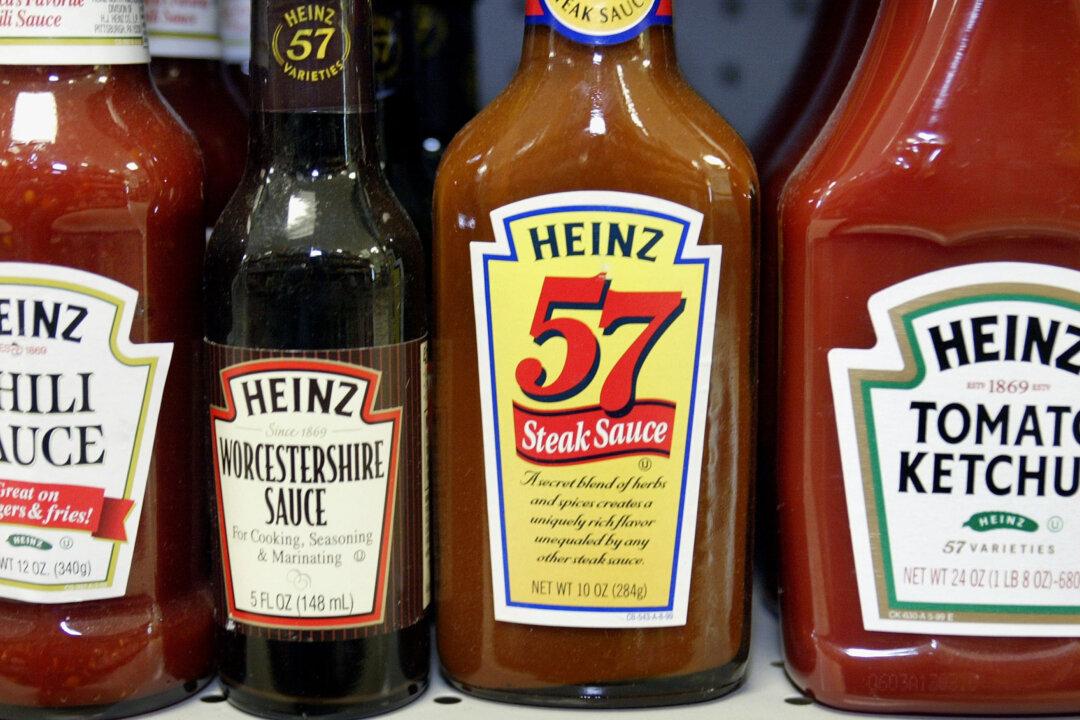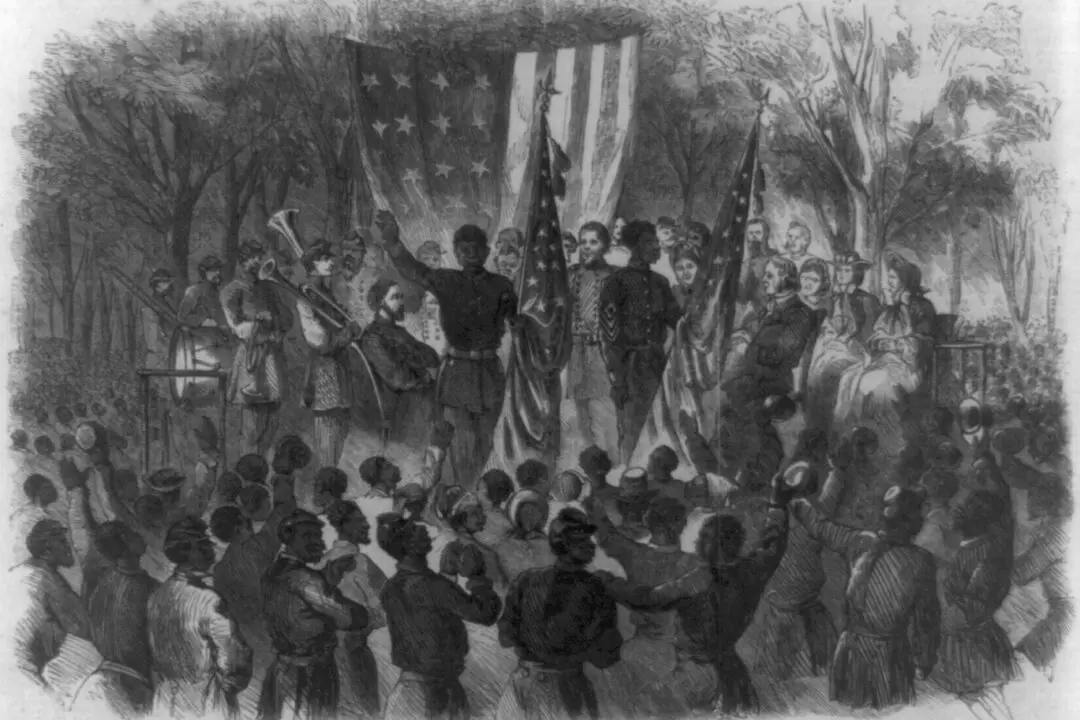At a young age, Henry Heinz exhibited a strong work ethic and attention to detail that eventually became his key to success. As a child, he sold food products off a horse and wagon and went on to build a giant empire that would changed the prepared foods industry forever. In the end, Heinz stayed true to one of his life’s mottos: “To do a common thing uncommonly well brings success.”
Heinz was born in 1844 in Birmingham, Pennsylvania, to German immigrants who instilled a good work ethic in him at a young age, teaching him and his siblings to tend the garden. At age 8, Heinz started learning his mother’s recipes. With his family’s excess crops, he made homemade pickles and grated horseradish, then sold them in town. By the time he was 14, his parents had given him land for his own garden and he employed horse-and-wagon delivery helpers for his small food business.






